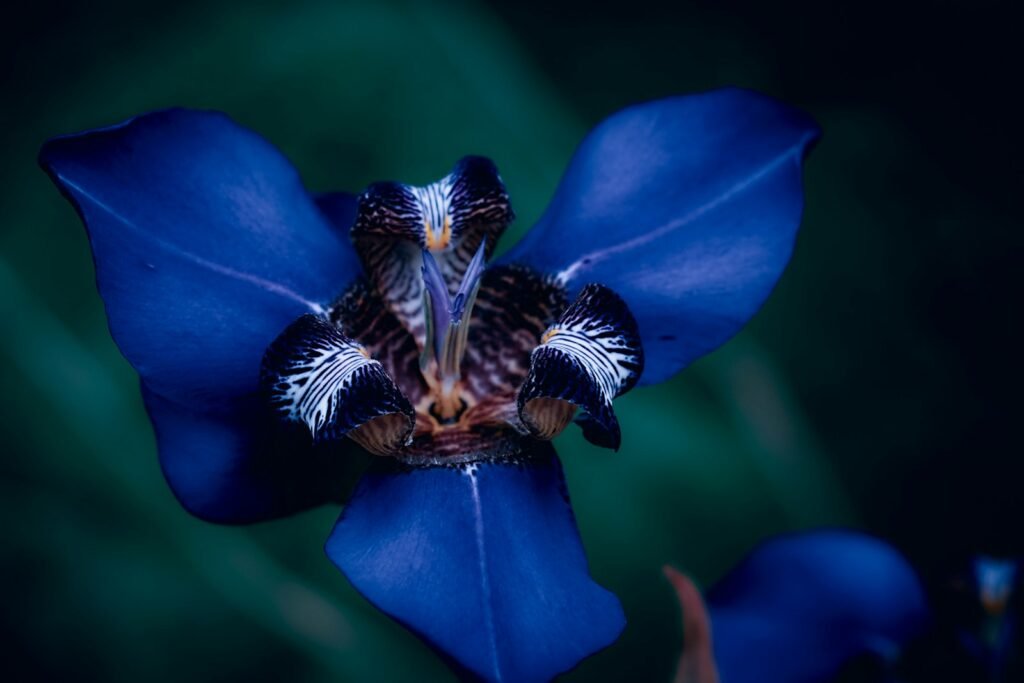French scientists have discovered a blood type so rare that just one living person on Earth is known to have it. This is a medical discovery that seems like something out of science fiction. This 48th recognized blood group system, called “Gwada negative,” was found in a 68-year-old lady from Guadeloupe, a French Caribbean island, after a decade-long search for genetic clues. What does this mean? Scientists say that she is “the only person in the world compatible with herself.” This finding, which was made public at the International Society of Blood Transfusion (ISBT) Congress in Milan, opens up new areas of research in transfusion science and shows how incredibly complicated human blood is.
A Blood Mystery Unfolds: From Routine Test to Genetic Breakthrough
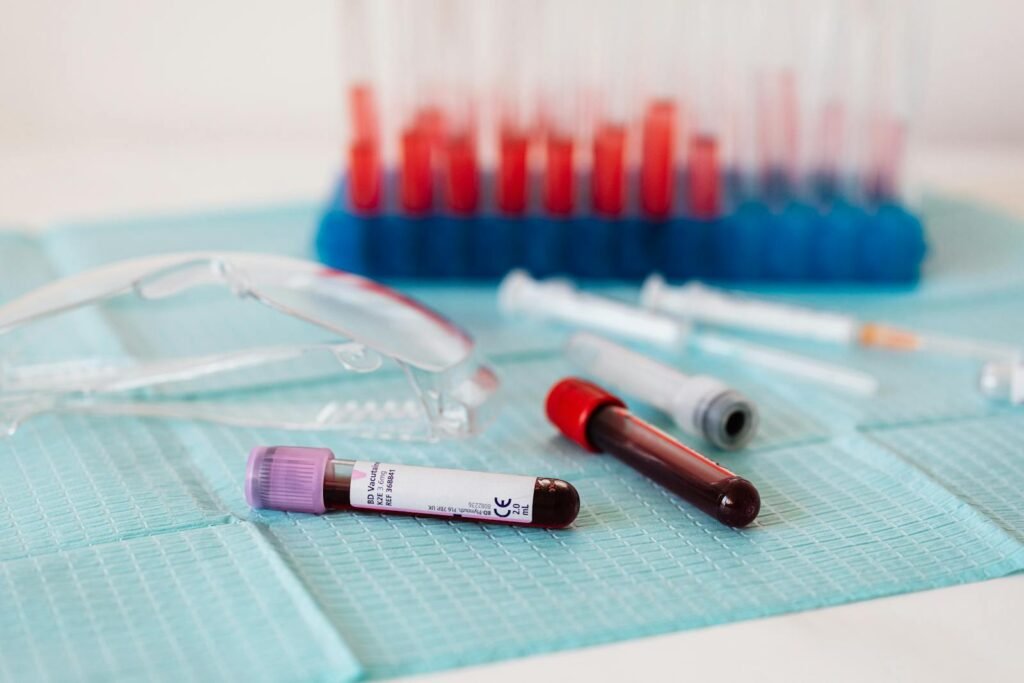
The case began in 2011, when the woman, who was 54 years old and lived in Paris at the time, had routine blood tests before her surgery. Doctors discovered an unusual antibody that didn’t match any of the known blood types. Technology couldn’t figure out what was wrong at the time, so the mystery went unsolved for eight years.
The French blood agency (EFS) was able to look at her case again in 2019 thanks to new DNA sequencing technology that works quickly. After sequencing her whole genome, they found a change in the PIGZ gene. This gene changes the way proteins stick to red blood cells. She got this mutation from both of her parents, and so far it has made her blood type completely unique.
What Makes Gwada Negative So Extraordinary?
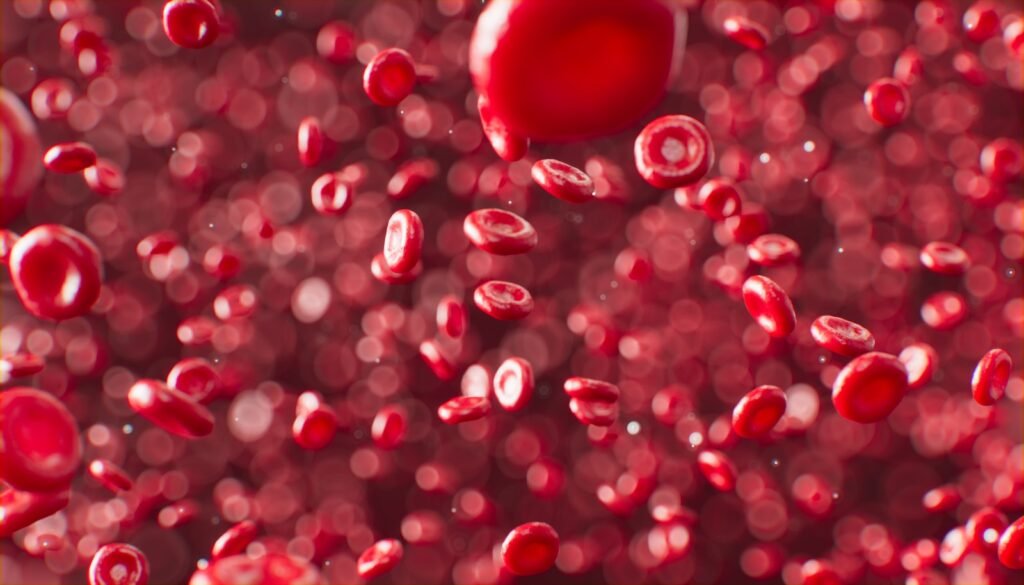
Antigens, sugar, and protein markers on red blood cells tell us what blood type we have. A lot of people know the ABO and Rh systems (like A+ or O-), but there are 47 other blood group systems, each with its own genetic quirks. The 48th is now Gwada negative.
What makes it different?
- Only Compatible: The woman’s blood has antibodies that would reject all other known blood types. This means she can only get transfusions from herself, which doctors call “autologous transfusions.”
- Genetic Rarity: Both of her parents had the mutation, but she is the only known case of it being fully expressed.
- Giving it a name: The word “Gwada” is a nod to Guadeloupe’s local nickname, which was chosen because it “sounds good in all languages.”
Why This Discovery Matters for Medicine
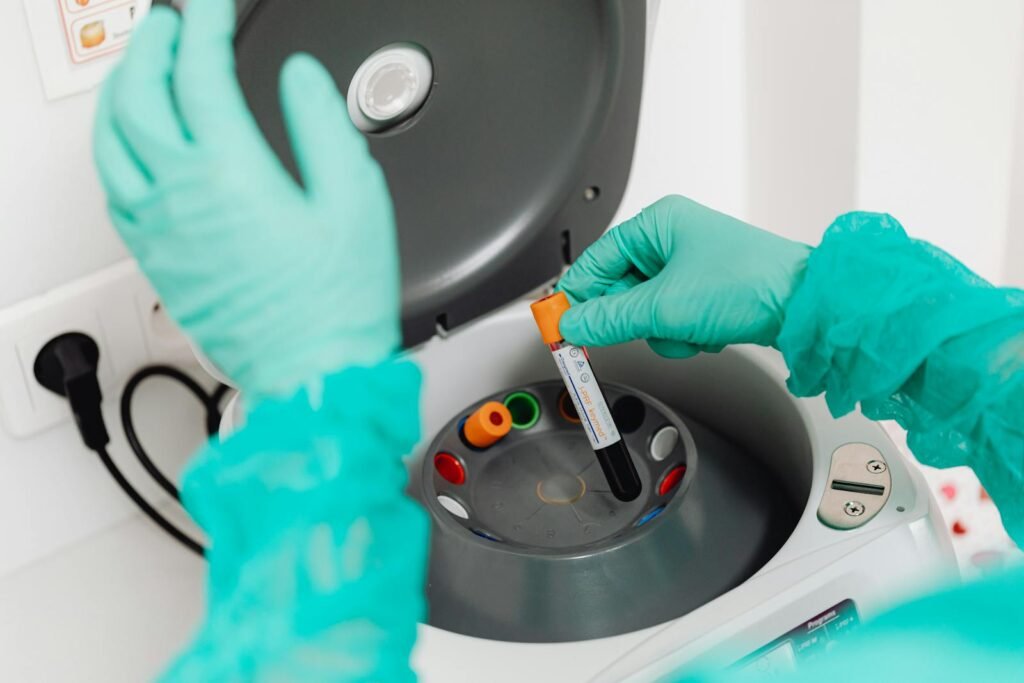
Blood mismatches can cause deadly immune reactions, which is why rare blood types can be life-threatening. The ABO-Rh system works for 99.8% of transfusions, but people with very rare blood have very few donor options.
The EFS says that finding new blood groups makes care better for rare cases, especially in:
- Emergency Transfusions: Patients are at risk of hemolytic reactions (when the body attacks foreign blood) if they don’t have compatible donors.
- Pregnancy and Surgery: Rare blood types can make it harder for the mother and fetus to be compatible and for the surgery to go smoothly.
The Race to Find More Gwada Negative Carriers
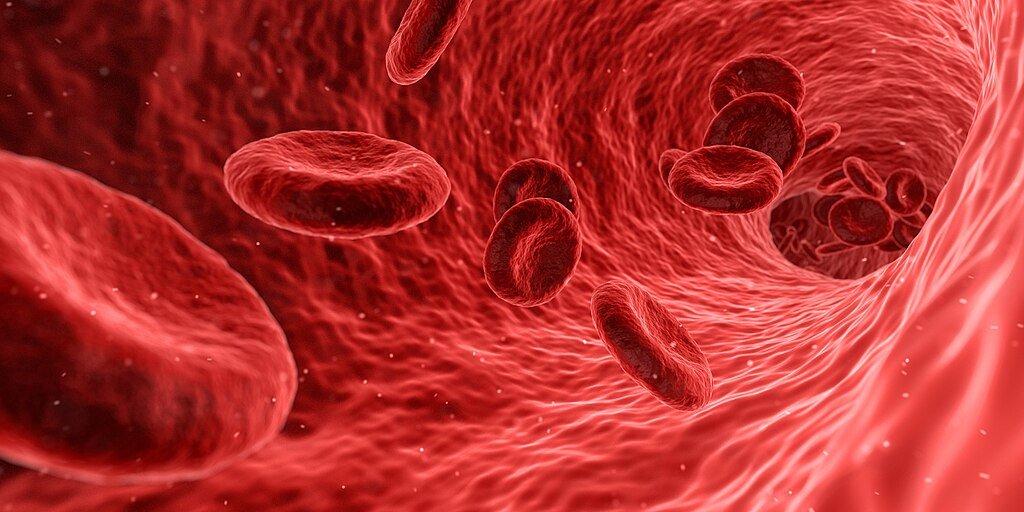
Researchers are now looking through Guadeloupe’s donor databases and Caribbean populations for possible matches because blood types are passed down from parents to children. We don’t know how often the mutation happens, but having a common ancestor makes it more likely.
The EFS added, “Finding new blood types means better care for people with rare blood types.” If more people are located, it could lead to more specific donor lists, like the ones that already exist for U-negative or Duffy-negative blood. These are highly crucial for persons who have sickle cell disease.
How DNA Sequencing Is Revolutionizing Blood Science
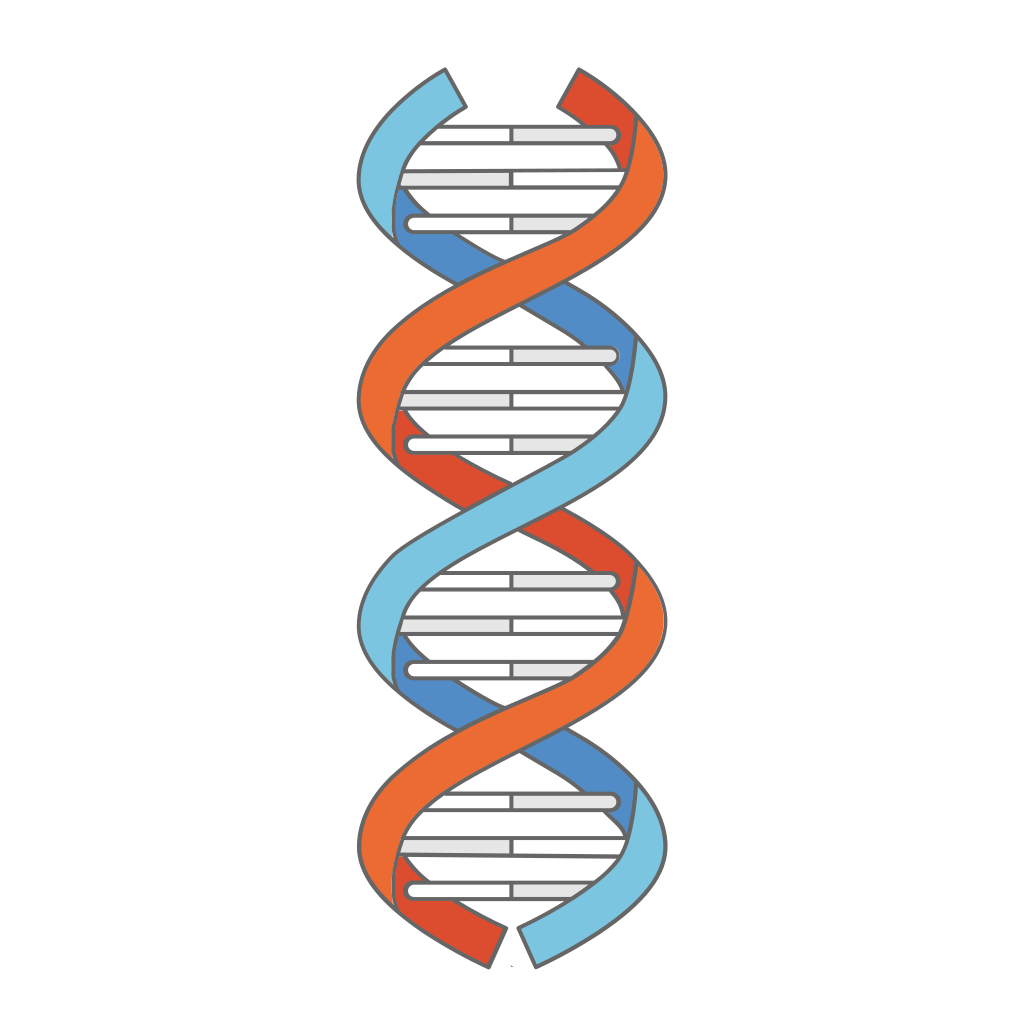
The discovery of Gwada negative shows how genetic technology is speeding up blood research. It took decades to confirm new blood types before DNA sequencing. Scientists can now decode rare mutations in years or even months because of methods like high-throughput sequencing.
Some recent instances are:
- After 50 years of not knowing, the Er blood group, the 44th system, was found in 2022.
- 2024–2025: Two more groups were introduced before Gwada negative.
What’s Next? The Future of Rare Blood Research
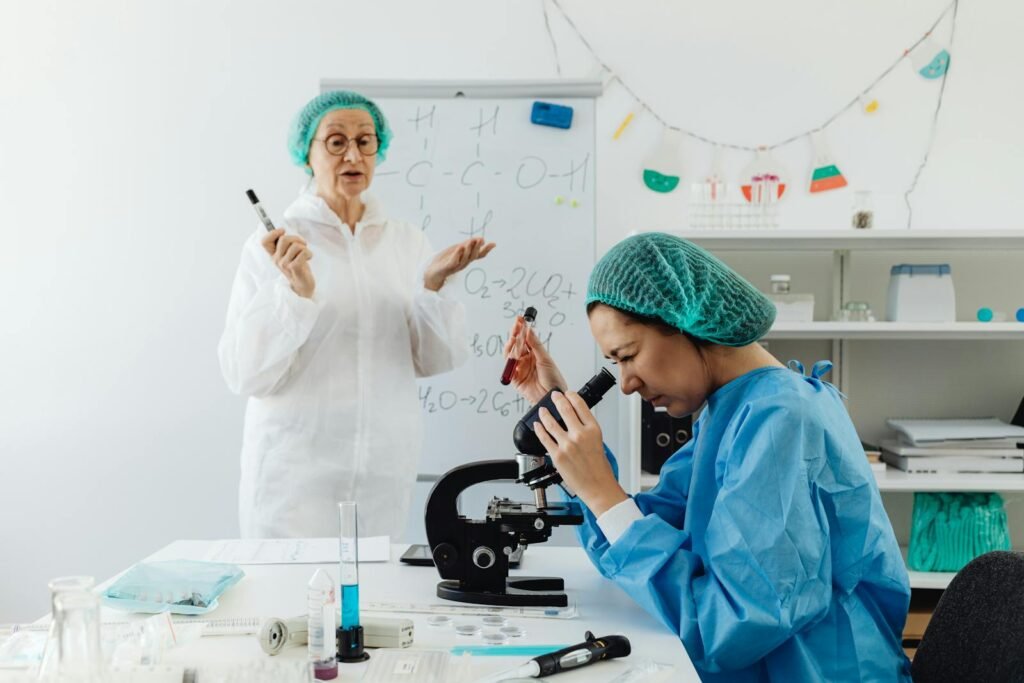
The EFS, which has uncovered 10 of the last 17 blood groups, wants to learn more about how Gwada negative works on a molecular level and how frequent it is around the world. In the meantime, the original donor is still a medical miracle and a living proof of how varied people’s DNA are.
Thierry Peyrard, the biologist who produced the finding, said to AFP:
“She is the only person in the world who can get along with herself. We have to keep seeking for this reason.
Every new blood group is a signal that can save lives in transfusion science. Gwada negative may be only the beginning.
Final Thought
It’s both humbling and exciting to think that one woman’s blood is completely unique in a world of 8 billion people. It makes us wonder how many more rare biological things are out there waiting to be found. Gwada negative is currently the rarest blood on Earth, but the next find could be just a test tube away.
Sources:

Jan loves Wildlife and Animals and is one of the founders of Animals Around The Globe. He holds an MSc in Finance & Economics and is a passionate PADI Open Water Diver. His favorite animals are Mountain Gorillas, Tigers, and Great White Sharks. He lived in South Africa, Germany, the USA, Ireland, Italy, China, and Australia. Before AATG, Jan worked for Google, Axel Springer, BMW and others.


